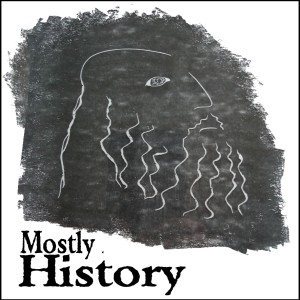
Wednesday Oct 16, 2024
A Vindication of the Rights of Woman by Mary Wollstonecraft Pt 2
Mary Wollstonecraft wrote A Vindication of the Rights of Woman in 1792, shortly after publishing her response to Edmund Burke's Reflections on the Revolution in France. She was prompted to write Rights of Woman after reading a report delivered to the French Assembly by the Bishop of Autun – Charles-Maurice de Talleyrand-Périgord – in which he described his recommendations for a policy of public education, which contained the suggestion that it was unnecessary to educate women to the same level as men, but that they should be educated in the paternal home, because “they have less need to learn to deal with the interests of others, than to accustom themselves to a calm and secluded life.” In her long essay, which she dedicated to Talleyrand, Wollstonecraft addressed him directly and expressed her hope, that by reading her response, he would undergo a change of heart and alter his opinion.
Women, she argues, must be educated as rational beings on an equal footing with men, not as lesser creatures of feeling, subservient to and dependent for their happiness and fulfilment on the good offices of their fathers, brothers and husbands. She draws much of her opinion from the philosophical teachings of John Locke. The writings of the French philosopher Jean-Jaques Rousseau comes under her critical scrutiny, along with many other contemporary writers whose expressed opinions on the education and manners of girls and women she opposes with point-by-point analysis. She believed that men and women are endowed by the Supreme Being with equal mental, if not physical, faculties and for one half of humanity to degrade the other by virtue of their sex was a sinful impiety.
A Vindication of the Rights of Woman was composed and published in haste in 1792 in order to provided a quick response to Talleyrand and the rapidly developing situation in France shortly after the Revolution. She had intended in time to produce a more considered second volume but it did not appear.
Wollstonecraft died in 1797 at the age of 38 shortly after giving birth to her daughter, Mary.
No comments yet. Be the first to say something!